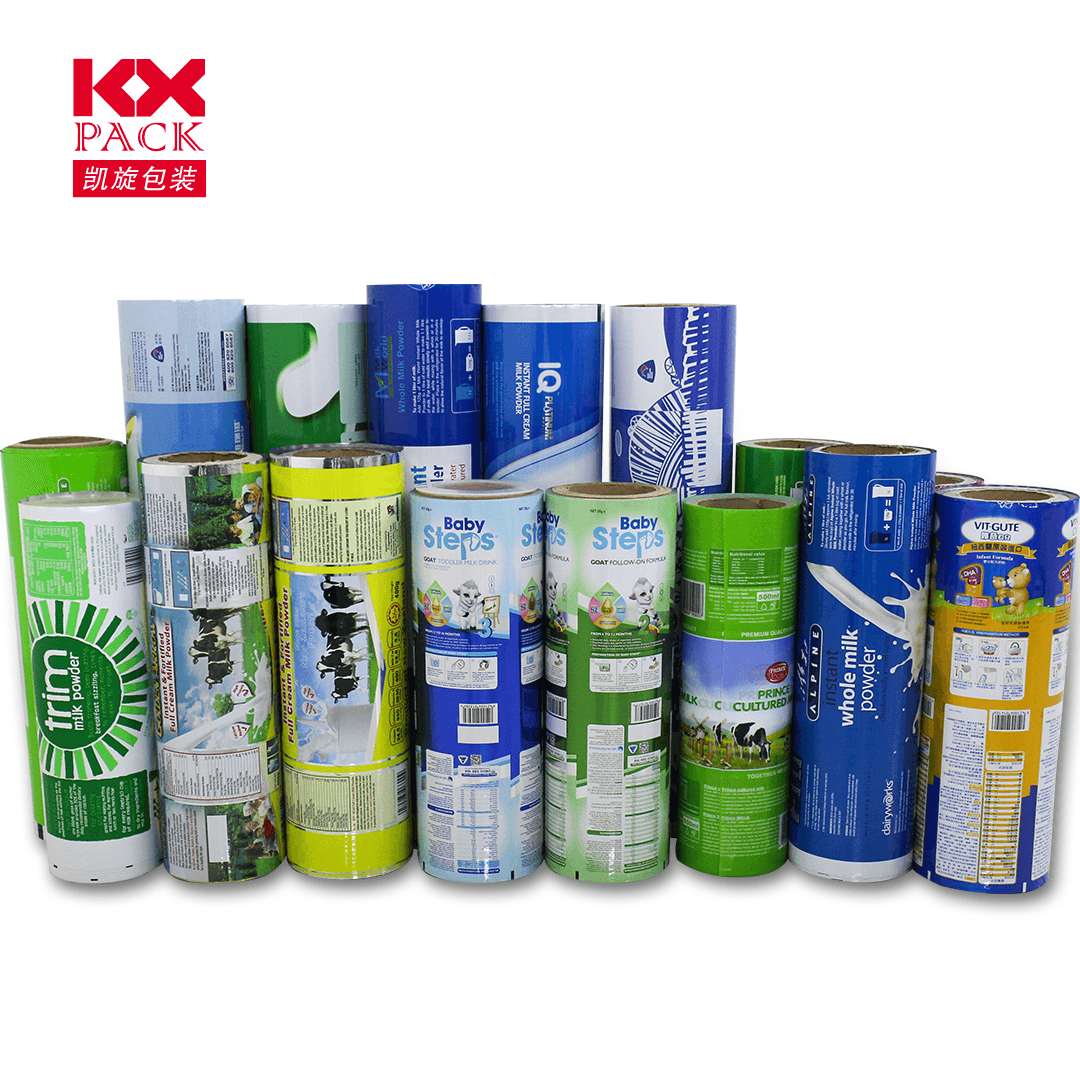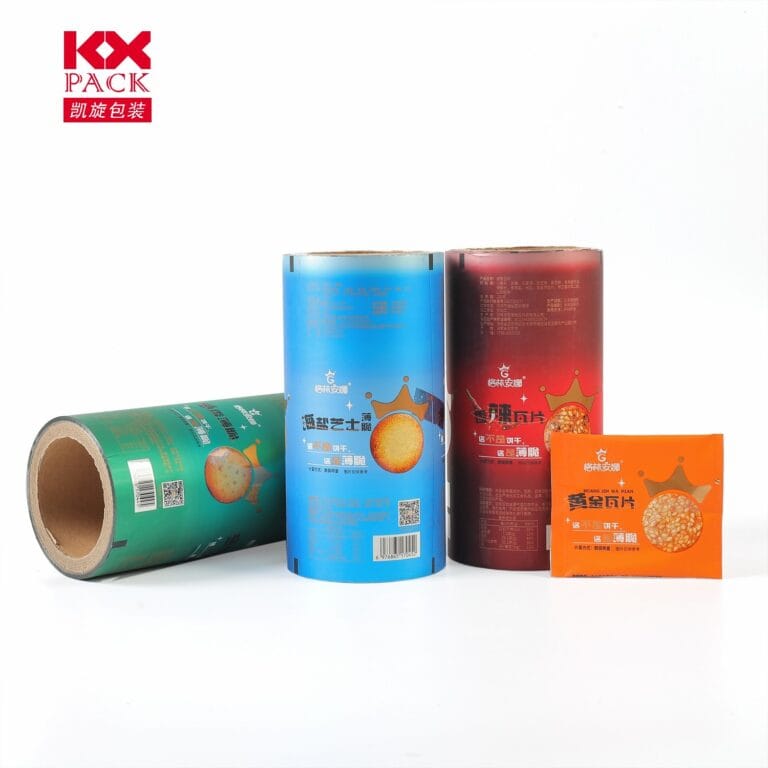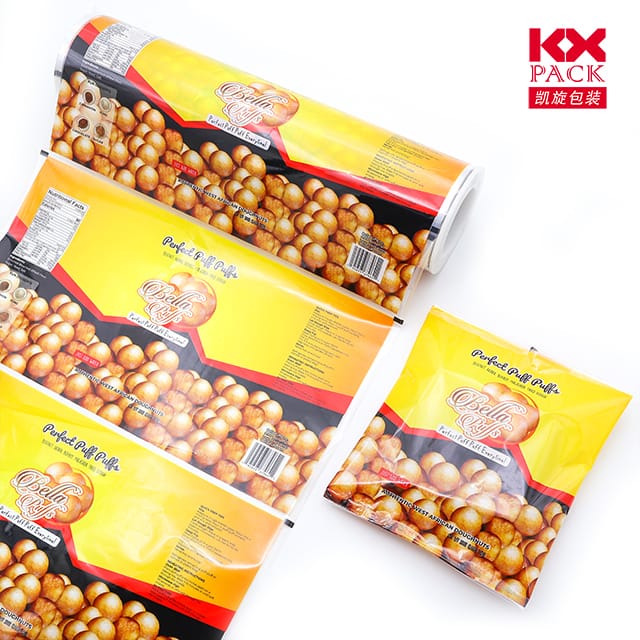Ang unsung bayani ng proteksyon: Ang mga plastik na pelikula ay gumulong sa pang -araw -araw na buhay
Mga Rol ng Plastik na Pelikula
In a world where durability and preservation matter, plastic film rolls for protection emerge as quiet champions. Mula sa mga site ng konstruksyon hanggang sa pag -iimbak ng sambahayan, Ang mga maraming nalalaman sheet na kalasag na ibabaw, mga produkto, at mga materyales mula sa pinsala, alikabok, at mga labi. Hayaan ang galugarin kung bakit ang mga plastic film roll ay kailangang -kailangan, ang kanilang magkakaibang mga aplikasyon, at kung paano ang pagbabago ay humuhubog sa kanilang kinabukasan.
1. Why Plastic Film Rolls? The Science of Protection
Plastic film rolls, karaniwang ginawa mula sa polyethylene (PE) o polypropylene (PP), are engineered for strength and adaptability. Their lightweight, hindi tinatablan ng tubig, and tear-resistant properties make them ideal for temporary or long-term protection.
- Konstruksyon & Renovation: Contractors rely on heavy-duty plastic film to cover floors, furniture, and fixtures during painting, plastering, or remodeling. Mga tatak tulad ng Trimaco offer flame-retardant options for added safety.
- Automotiko & Pang -industriya: Car manufacturers use anti-static plastic film to protect paint jobs on new vehicles, while factories wrap machinery and components to prevent scratches during transport.
- Household & DIY: Homeowners use lighter-gauge films to safeguard countertops, appliances, or seasonal items in storage. The transparency of some films even allows for easy visibility of protected surfaces.
2. Beyond the Basics: Specialized Applications
Modern plastic film rolls aren’t one-size-fits-all. Manufacturers now cater to niche needs:
- Mga pelikulang lumalaban sa UV: Ideal for outdoor use, these films prevent sun damage to windows, furniture, or artwork.
- Anti-Slip Films: Enhanced with textured surfaces, they provide grip on floors or ramps in workspaces.
- Self-Adhesive Films: Perfect for quick applications, like sealing windows during winter or protecting electronics from dust.
- Mga pagpipilian sa eco-friendly: Mga biodegradable o recyclable na pelikula (Hal., made from plant-based polymers) reduce environmental impact without sacrificing performance.
3. The Economics of Protection: Gastos vs.. Benefit
Investing in plastic film rolls often yields significant savings. Para sa mga negosyo, preventing damage to equipment or products minimizes waste and downtime. For homeowners, a $20 roll of film can save thousands in repairs or replacements.
Consider this: A single scratch on a marble countertop during renovation could cost hundreds to fix. A $15 plastic film cover? Priceless peace of mind.
4. Mga hamon sa pagpapanatili & Mga makabagong ideya
While plastic film rolls are undeniably useful, their environmental footprint is a concern. Traditional films can take centuries to decompose, contributing to landfill waste. Gayunpaman, Ang industriya ay umuusbong:
- Mga Recyclable Films: Many brands now offer PE films labeled with recycling codes (Hal., #4 LDPE) for curbside recycling.
- Compostable alternatibo: Films made from cornstarch or sugarcane break down in commercial composting facilities within months.
- Reusable Options: Mas makapal, durable films can be cleaned and repurposed multiple times, extending their lifespan.
5. Choosing the Right Film: A Buyer’s Guide
Not all plastic films are created equal. Narito ang dapat isaalang-alang:
- kapal: Measured in microns (µm), thicker films (100µm+) offer more durability but may be less flexible.
- Uri ng malagkit: Static-cling films are residue-free, while adhesive-backed films provide a stronger hold.
- Kalinawan vs.. Opacity: Transparent films are great for visibility, while opaque ones block light (Hal., for privacy or light-sensitive materials).
- Mga sertipikasyon: Look for labels like ASTM, REACH, o FDA-compliance for food-safe applications.
6. The Future of Plastic Film Rolls: Smart & Sustainable
Emerging technologies are redefining plastic films:
- Self-Healing Films: Nanotechnology-coated films that “repair” minor scratches.
- Mga Smart Films: Temperature- or light-responsive films that change transparency or color.
- 3D-Printed Films: Customizable films with tailored textures or adhesives for specialized uses.
Konklusyon: Protection with Purpose
Plastic film rolls for protection are more than just sheets of plastic—they’re problem-solvers. Whether safeguarding a high-rise construction site or your grandmother’s antique table, their role in preserving our world is undeniable.
As we strive for sustainability, the industry must balance innovation with responsibility. By choosing recyclable, compostable, or reusable options, we can enjoy the benefits of plastic film rolls without compromising the planet.
What’s your go-to use for plastic film rolls? Share your tips or eco-friendly alternatives in the comments!
Mga keyword: Plastic film roll for protection, polyethylene film, construction protection, sustainable plastic films, UV-resistant film.






